Know Bush Fact #23 A
Bush’s Secretary of Defense Donald Rumsfeld received a letter from Amnesty International dated JANUARY 10, 2002 (with copies also sent to Secretary of State Colin Powell, FBI Director Robert Mueller, CIA Director George Tenet, and Commander in Chief General Tommy Franks), expressing concern over photographs showing Al-Qaeda suspects hooded while under guard by US troops, and pointing out that the United Nations Committee against Torture had condemned the hooding of suspects, and that such treatment is also covered by the Geneva Convention.
To research/verify, Google "Rumsfeld +hooding."
And #23 B
On September 11, 2001, Bush’s Secretary of Defense Donald Rumsfeld was not in Washington D.C. He was out of the country with Undersecretary of Defense for Policy, Douglas Feith, and William Luti, Deputy Assistant Secretary of Defense for Special Plans and Near Eastern and South Asian Affairs, and four other like-minded advisors. They were "busy on unrelated missions in Europe and the Middle East."
Upon their return, Donald Rumsfeld commissioned a team, headed by that same Douglas Feith and William Luti, to scan and sort already-analyzed documents from the CIA, the Defense Intelligence Agency, and other intelligence agencies to consider possible interpretations and angles of analysis that these agencies may have missed. Much of the information scanned had already been deemed "not credible" by the experienced intelligence agencies.
Eventually Rumsfeld’s team came to be named The Office of Special Plans.
Staffed by a tight group of like-minded neo-conservatives who advocated regime change in Iraq, the Office of Special Plans displaced the CIA and the Pentagon’s own Defense Intelligence Agency as Bush’s main source of intelligence regarding Iraq’s possible possession of weapons of mass destruction and connection with Al-Qaeda.
It was "the stovepipe" - a means of funneling upward directly to the White House and National Security Advisor selectively chosen intelligence to serve the ideological ends of the "neo-cons" in the Bush administration.
"They’d take a little bit of intelligence, cherry-pick it, make it sound much more exciting, usually by taking it out of context, often by juxtaposition of two pieces of information that don’t belong together,"wrote retired Pentagon Middle East specialist, Air Force Lt. Col. Karen Kwiatkowski, who worked in the office of Undersecretary for Defense for Policy Douglas Feith.
She found the work of the Office of Special Plans to be "a subversion of constitutional limits on executive power and a co-option through deceit of a large segment of the Congress."
Which resulted in Congress giving Bush the authority to use military force against Iraq.
To research/verify, Google "Rumsfeld +Office of Special Plans".
- May 9, 2004


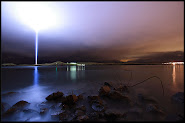








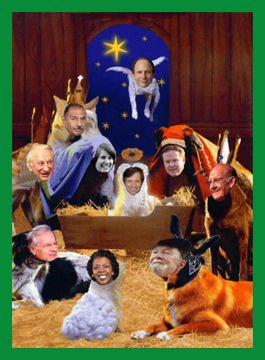
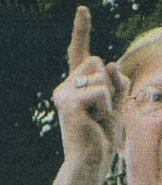

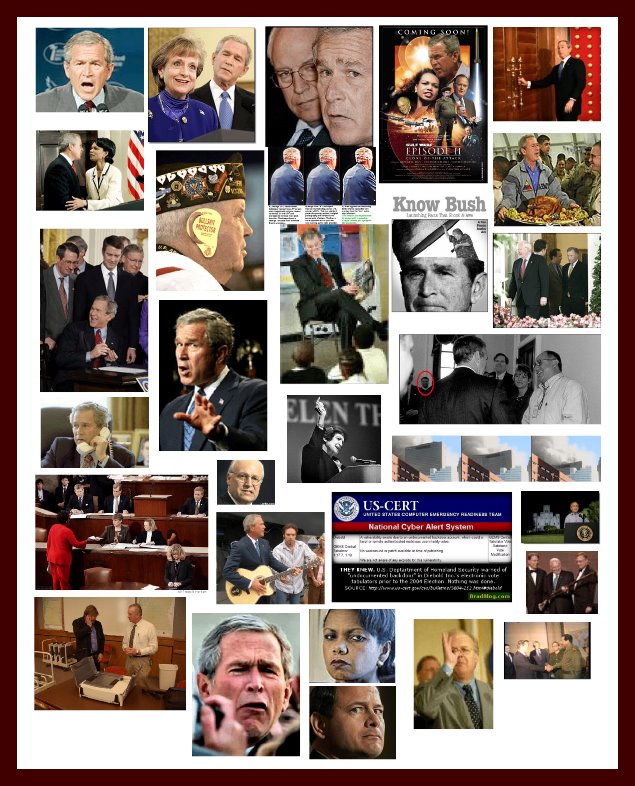


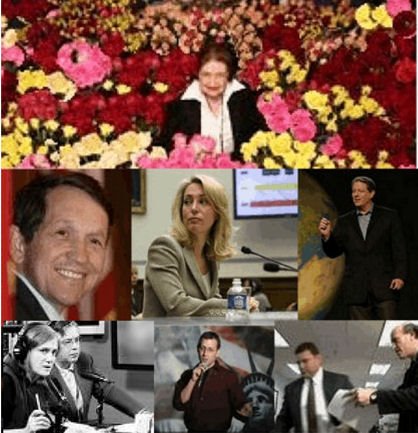
No comments:
Post a Comment